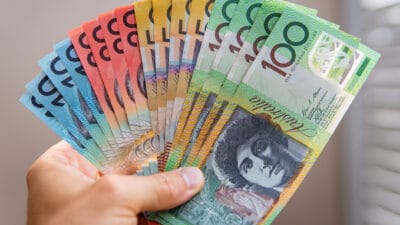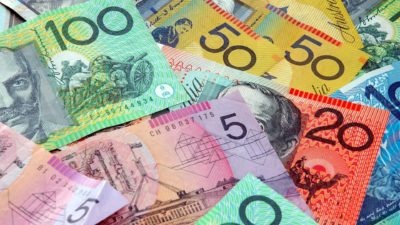Many prominent investors label themselves as 'contrarian' investors. Names such as Warren Buffett, Howard Marks, and Bill Miller have become synonymous with the term.
But what is contrarian investing?
In his book 'Contrarian Investment Strategies' David Dreman explains that contrarian investing is about buying those companies that are so unloved by the market that the likelihood of a positive surprise (and subsequent increase in the share price) is far higher than with other companies. In the long run, Dreman argues that this means that the returns on contrarian strategies are likely to be higher than the market return.
Dreman explains that the limitations of investors in forecasting the future earnings of companies means that surprises are inevitable. The basic premise of contrarian investment strategies is that when one buys companies that are priced as if they are going out of business, forecasting mistakes are most likely to be those that underestimate future earnings.
How do you find a contrarian investment?
According to Dreman, the best way to measure the extent to which a company is out of favour with the market is to use the price-to-earnings, price-to-cashflow, or price-to-book ratios. Investors should buy solid companies with low ratios. These could be companies with low absolute ratio values (i.e., the lowest price-to-earnings ratio of all companies) or low relative ratio values (e.g., the lowest price-to-earnings ratio of all companies in a particular industry).
Tobias Carlisle (in his book The Acquirers Multiple), Joel Greenblatt (in his book The Little Book that Beats the Market) and Dreman himself (in his book Contrarian Investment Strategies) have all reported tests of versions of this contrarian investment strategy with strong returns.
At any given time, investors will find companies that are out of favour with the market.
For example, companies with low price-to-earnings ratios on the ASX currently include:
- Retail Food Group Limited (ASX: RFG),
- The Reject Shop Ltd (ASX: TRS)
- Cash Converters International Ltd (ASX: CCV)
Companies with low price-to-book values include:
- Thorn Group Ltd (ASX: TGA)
- Shine Corporate Ltd (ASX: SHJ)
- United Overseas Australia Limited (ASX: UOS)
Lastly, those with low price-to-cashflow include:
- Collection House Limited (ASX: CLH)
- Qantas Airways Limited (ASX: QAN)
- Shaver Shop Group Ltd (ASX: SSG)
- Air New Zealand Limited (ASX: AIZ)
Foolish Takeaway
Contrarian investment strategies can be profitable because investors systematically underestimate the potential for upside surprises. A basket of low price-to-earnings, low price-to-book value, or low price-to-cashflow companies have been shown to produce strong returns over the long run.








